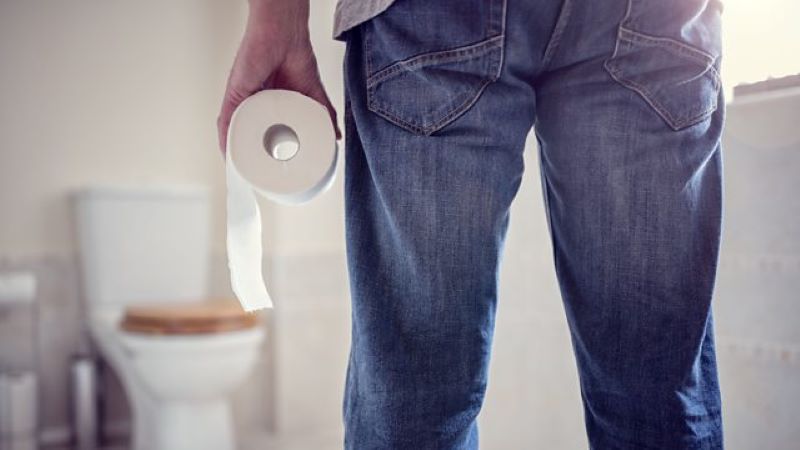
Despite being a universal need, talking about our toilet use and the infrastructure that aids us remains somewhat taboo. Whilst sectors like telecommunications and computing have undergone rapid transformations over the past century, the flush toilet and wastewater system have mostly remained unchanged.
CrowdScience listeners Linda and Allison wonder if flush toilets – and the clean water used to wash waste away - make economic or environmental sense. So CrowdScience presenter Marnie Chesterton looks under the toilet lid, to probe (in a sanitary fashion) whether our sewerage systems and plumbed toilets are fit for purpose. In a future where population growth and climate change are likely to affect water demands, can we continue to use clean water to dispose of our waste and should the developing world be emulating this model?
Around 2 billion people don’t have access to proper toilets or latrines, risking serious health consequences. Marnie investigates how countries without comprehensive sewerage infrastructure deal with human waste and how science is providing novel ways to dispose of - and use – human waste. Marnie speaks to a Kenyan scientist using poo-eating fly larvae to process faeces and a North American scientist who is developing a smart-toilet she hopes will monitor our health through sampling our daily movements. Are we ready to break taboos to innovate our toilet habits?
Presenter: Marnie Chesterton
Producer: Melanie Brown
